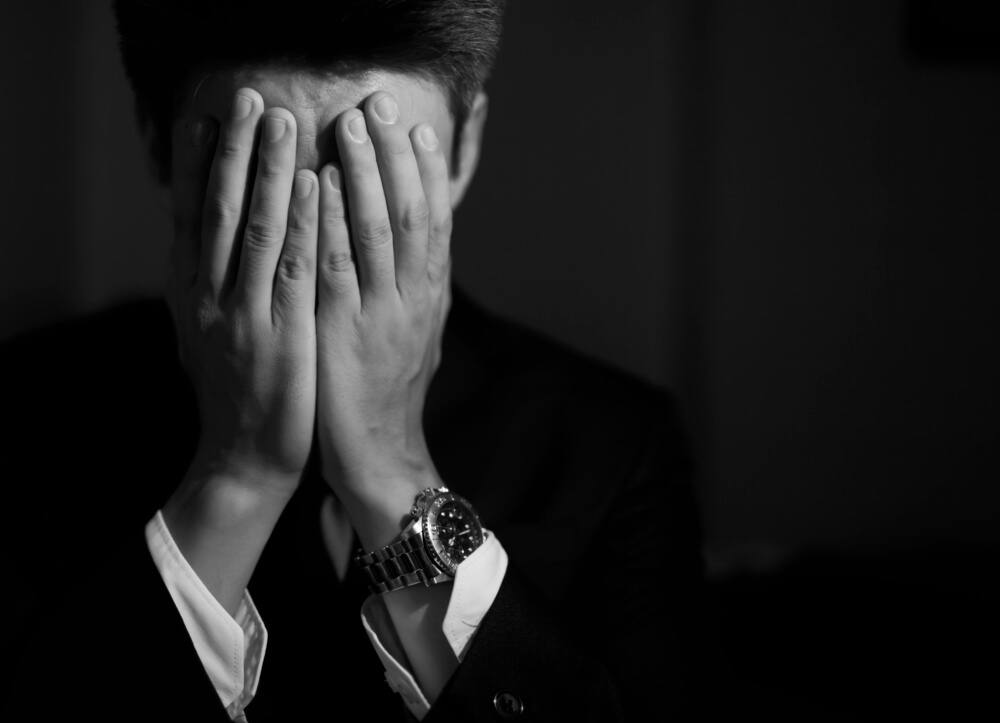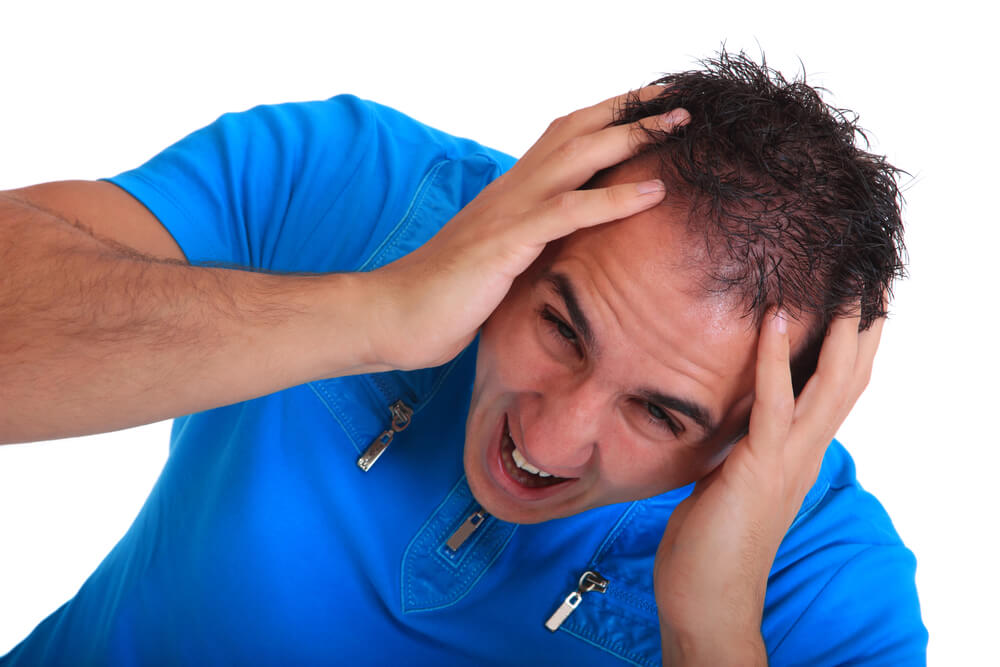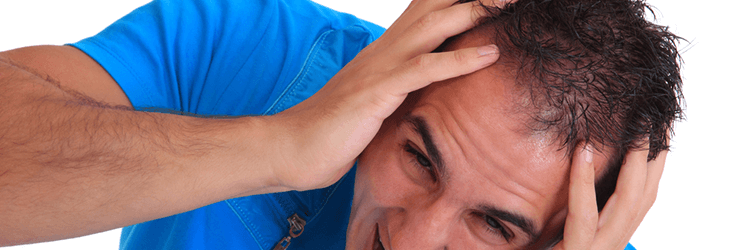Stress is hard to avoid, especially in today’s fast-paced life. However, it is important to know that while you may not see any instant side-effects of stress, in the long run it may bother you more than you can possibly imagine.

It has also been observed that persons under stress do not eat properly, which can lead to nutritional deficiencies, thereby resulting in hair loss. A recent research on stress has indicated a possible link between stress and unexplained hair loss. It has been found that when a person is emotionally stressed, hair can go into the telogen or the fall-out phase.
Hair Loss Conditions Associated with Emotional Stress

Trichotillomania: In this condition, the affected person feels a strong urge to pull out hair from the scalp while passing through emotional stress, tension, boredom or frustration.
Alopecia areata: Stress is known to be one of the causes o
Female-pattern baldness: In addition to medical conditions including hypothyroidism, nutritional deficiencies, oral contraceptives, physiological and emotional stress are also known to be among contributing factors.
It is quite evident that stress can contribute to hair loss. However, the good news is that hair loss due to stress is reversible, and managing stress is sometimes more effective than medication in dealing with hair loss. Here are some effective ways of dealing with stress.
Ways to deal with emotional stress

Eat a healthy diet: Eating a healthy and nutritious diet is the best way to minimize or prevent stress-related problems. Load up on whole grains, green leafy vegetables, fruits and low-fat proteins. Avoid high-sugar snacks and fried foods as they add to the effect of stress.
In addition, nutritional deficiencies, including vitamin and mineral imbalances have been reported as independent causes of hair loss. Therefore, it is advised to add zinc (beans, nuts, whole grains), Vitamin D (sunlight and fatty fish like tuna and salmon) and protein (milk, cheese, yogurt, eggs, soy and beans) to your diet.
Regular exercising: Regular physical activity including walking, cycling, swimming, or dancing for at least 30 minutes for five days a week can help combat the harmful effects of stress.
Get enough sleep: Not getting enough sleep can enhance the severity of stress. Aim for 7 to 9 hours of sleep every night.
Take out time for recreational activities: Down with stress? Try some recreational or fun activities with your friends. It can help relieve stress and recharge you.
Relaxation techniques: You can also try relaxation techniques such as meditation, yoga or tai chi to handle daily stress. A recent study highlights the direct role of meditation in reducing hair loss. invite your friends for motivation and better results.















